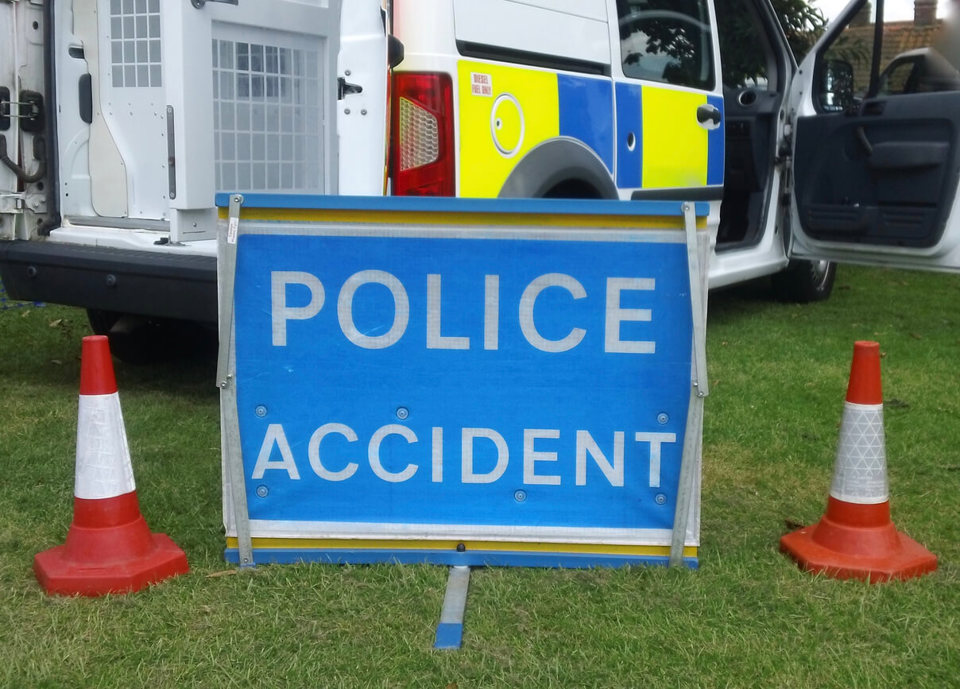The private motor insurance industry is to be investigated by the Competition Commission following an initial study by the Office for Fair Trading.
The study concluded that there was evidence that the motor insurance industry operated in a “dysfunctional way that could push up premiums for drivers by £225m a year”.
The inquiry could have benefits for fleets: they are vulnerable to increased claims cost if they have a collision with a privately-owned vehicle.
The focus of the investigation is how insurers handle third-party repair and replacement car costs. Although the at-fault driver’s insurer is responsible for picking up the tab, the no-fault insurer usually has control over who provides these services.
Consequently, some companies are using expensive referral schemes or pre-existing arrangements with price control when organising repairs and courtesy cars.
Fleet insurers have long warned fleets to report incidents immediately as this gives them the best chance of taking control of such costs which can minimise the impact on the fleet’s insurance premiums.
Larry Smith, MD of Towergate Insurance, said: “It is inevitable that any positive change brought about by the Competition Commission review of the private motor insurance sector will be looked at by the other motor sectors including fleet.
“The fleet sector shares many of the same issues as private motor with personal injury and credit hire costs inflating third-party claims, which in turn are having a negative effect on premiums. Any action to help reduce these costs will be very welcome.”
Insurers have long complained that credit hire and repair has been a source of excessive costs which do not benefit insurers or consumers.
An Aviva spokesman said: “There is no quick fix and it is our hope that the Competition Commission will bring fundamental reform which will help reduce cost pressure; we would also like to see the ban on referral fees that will apply from next April extended to include credit hire firms.”
The OFT has concluded that the insurance industry should be competing on the basis of price and service but instead is “focusing on gaining the competitive edge through raising rival insurers’ costs” and increasing their own revenues.
Andrew Moody, managing director of Retail Motor Law, who used to work in the body repair industry before becoming a solicitor, undertook a two-year study for OFT which he believes was instrumental in its findings.
“The whole industry needs to be looked at as this will affect fleet customers as well as private motorists,” he said. “Fleets must put something into practice to minimise third-party claims.”
He suggests that fleets investigate having their own contract with one of the national networks to handle third-party repairs and replacement vehicle hire without the expense of a third party organising it.
He says if fleets can offer a reasonable service at lower cost to the no-fault party, they can limit their liability.
The other party has a legal duty to mitigate costs wherever possible, so choosing a more expensive alternative for repair may not be acceptable.
Donna Scully, chair of the Motor Accident Solicitors Society (MASS), said: “The scale of the problem with the repair and replacement vehicles is immense and it remains to be seen what more will be uncovered.
“Money is clearly being made from consumers behind their backs and MASS would welcome full disclosure of specific fee income on every case.
“Insurers, solicitors, government and regulators need to stop blaming one another.
“We urge the Government to bring all parties together, not just insurers, to find a solution that is right for consumers and protects genuine accident victims.”
The Association of British Insurers has welcomed the OFT’s decision, saying it has long called for an investigation into inflated pricing for credit hire vehicles and excessive hire periods.
The insurance industry has cited personal injury claims as the cause of rising premiums and this remains a problem.
Although road accidents fell by 23% between 2005 and 2010, to just 154,000, the number of personal injury claims in 2010-11 has risen by 70% to 791,000, costing insurers more than £2bn.


















Private Investigator Cameron - 26/11/2012 11:41
i can always trust your information to help my research or just to learn something more about investigations.